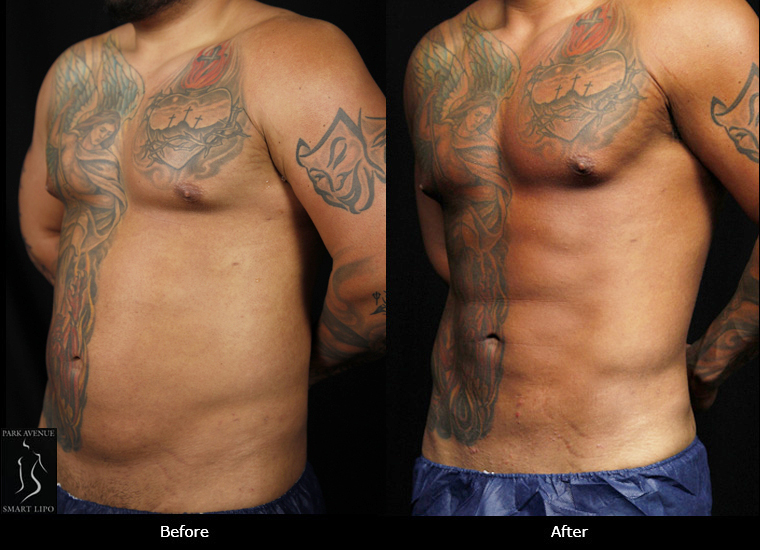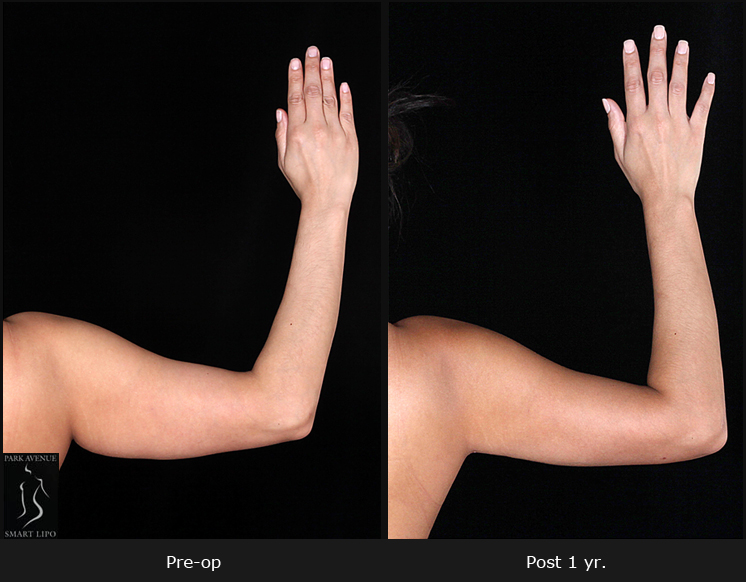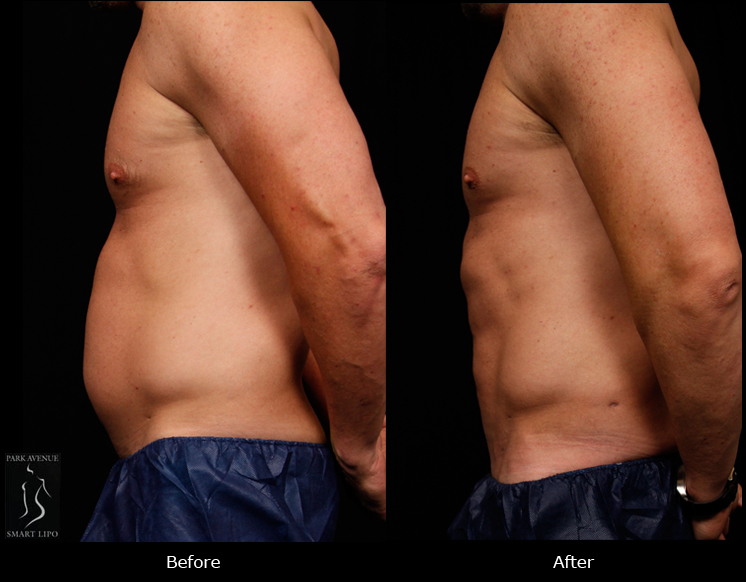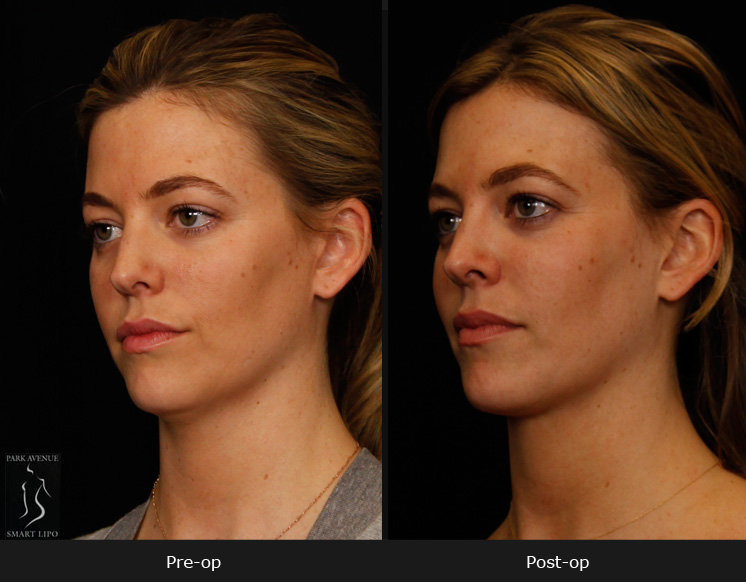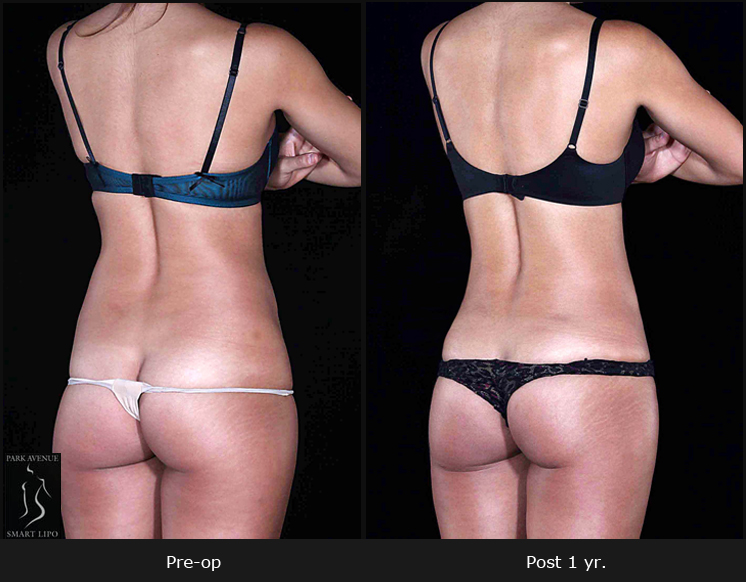Cosmetic Surgery Times recently carried a write-up on how hunger may be an “interesting” side effect of liposuction. A change in menstruation, sexual hypersensitivity and body hair growth are among the other “interesting” changes mentioned by some candidates post liposuction. A change in appetite may be experienced after a lipo procedure. The post mentioned above clarifies that this may not be a result of the procedure but an indirect effect on the metabolism of the body when large volume fat is removed.
Leptin Depletion May be the Reason
The hormone Leptin found in the human body is closely connected to regulating energy intake and outflow, including metabolism, appetite and hunger. Leptin is mostly produced by the adipose tissue or fat and the level of circulating leptin is directly proportional to the total amount of fat in the body. A person with more amount of fat will have a larger amount of leptin, and the body takes some time to adjust to large changes in body fat levels. When the body loses fat via liposuction or other methods, the leptin levels drop considerably as a result of which people may feel hungrier, their thyroid decreases and their metabolic rate drops. We do not yet have enough evidence to substantiate these points, but it is a possibility.
A Sensible Diet Plan Important after Liposuction
The body may feel depleted after any surgery including liposuction and crave food, though the effects of surgery may vary with different body types. Some patients even report loss of appetite after surgery possibly due to lack of physical activity. The important thing is to eat wisely according to the instructions given by your plastic surgeon or you will begin to gain weight once again. Though the fat does not come back to the treated areas, it may appear in other parts of the body.
Lipo patients should ensure that they exercise regularly and eat a well-balanced healthy diet and be cautious of their overall calorie intake. This will help maintain the good results of liposuction for a long time. Any metabolic change or post-surgery “hunger” can be utilized to the patients’ advantage with the help of a good diet plan and supplementation. Nutritionists recommended by plastic surgeons can help patients in this regard. If required, surgeons may also make referrals to personal trainers who can help patients with good exercise programs to enhance muscle toning and help with skin tightening.

